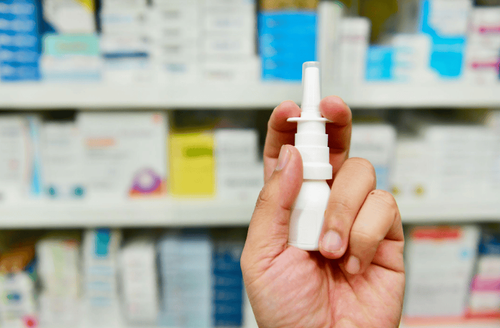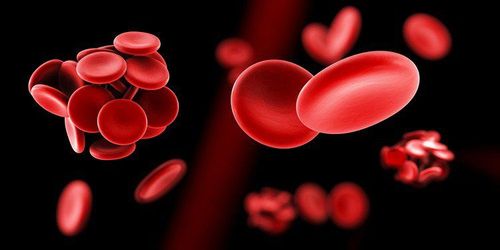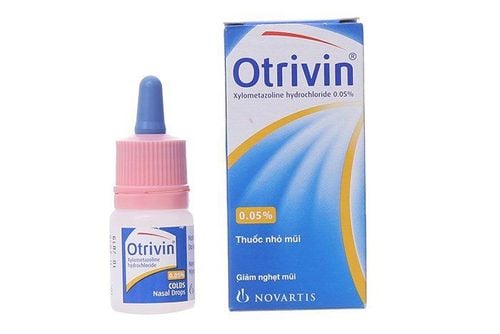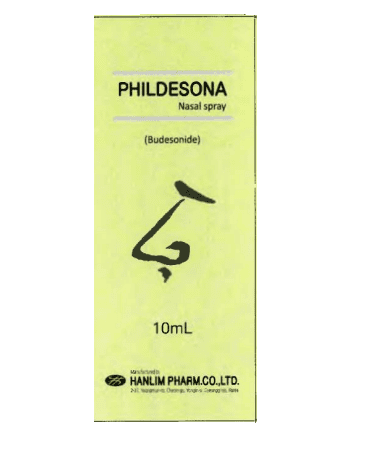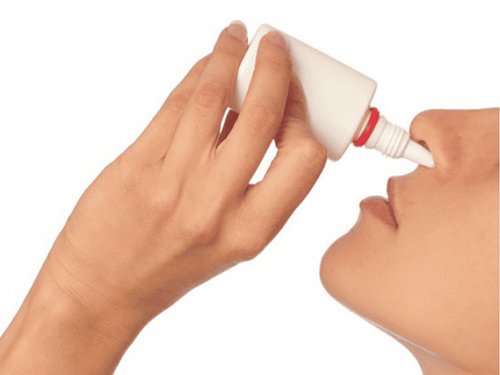This is an automatically translated article.
Surely more or less parents can't help but worry when they see their children have nosebleeds. This also makes children feel panic when they see nosebleeds. So when a child has a nosebleed, what should parents do?Video content is professionally consulted by MSc Nguyen Nam Phong, Pediatrician, Vinmec Phu Quoc International General Hospital
1. Learn about nosebleeds in children
Nosebleeds (or nosebleeds) occur when small blood vessels in the nose burst and bleed. This phenomenon occurs often in young children, especially children from 3 to 8 years old. Nosebleeds are divided into 2 types, anterior nosebleeds and posterior nosebleeds.There are several common causes that affect these microvasculature and lead to nosebleeds in children:
Blood vessels are too sensitive and can burst in dry weather, or when using heaters, heaters, or heaters. air conditioning for a long time. Allergies, infections of the nose, throat and sinuses Nose picking or other local trauma Blowing the nose too hard A child puts a foreign object in his nose, for example beads, a battery... Deviated nasal septum Breathing oxygen through a nasal cannula Certain medications such as anti-inflammatory drugs, nasal sprays Nasal fracture or skull base fracture (particular care should be taken if nosebleeds occur after head trauma) bleeding or clotting disorders Tumors (benign and malignant) can cause nosebleeds, this is very rare.
2. What should parents do when their child has a nosebleed?
When a child has a nosebleed, the first thing parents need to do is calmly follow the following basic steps to help their child overcome.
Step 1: Parents need to determine the side of the nose bleeding Step 2: Stop the bleeding Step 3: Take care of the child after nosebleed
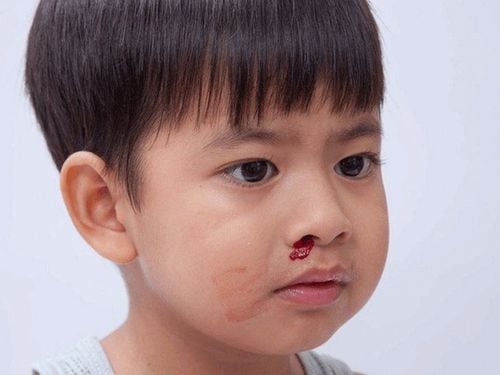
No bleeding after applying first aid measures within 20 minutes Bleeding from the nose becomes pale repeated bouts of rapid bleeding or heavy loss of blood (more than a full cup) Bleeding from trauma, for example a fall or being punched in the face Feeling young, dizzy, Blood flowing down the back of the throat but not out in front of the nose even when the child is sitting with his head tilted forward. Bleeding in the future always needs the help of a doctor Nosebleed when taking a new medicine Nosebleed with bruises all over the body or with bleeding in another area such as the blood in stools, urine Taking anticoagulants Children with other systemic diseases that affect blood clotting such as liver disease, kidney disease, hemophilia Newly undergoing chemotherapy To prevent nosebleeds in children, parents Mothers can help children do:
Cleaning the baby's nose Keep the child's nose moist by applying vaseline to the front part of the nasal septum and giving the child enough water to balance the body's moisture with the outside environment. Add foods rich in vitamin C In addition, to prevent nosebleeds in children from coming back, parents can apply measures such as:
Children need to rest for at least 2 hours (gentle activity) like reading, painting or watching TV). Do not give your child hot drinks, hot foods, or hot baths for at least 24 hours after a nosebleed. Encourage the child not to pick or blow his nose for 24 hours (1 week if the child has had a pulse point 'burned'). For 1 week, children need to avoid vigorous activities or exercise such as running, avoid lifting heavy objects. If your child is constipated, drink plenty of water and increase the amount of fiber in the diet. If necessary, ask the doctor to give stool softeners so that the child does not have to push. Pediatrics Department - Vinmec International General Hospital is the address for receiving and examining diseases that infants and young children are susceptible to: viral fever, bacterial fever, otitis media, pneumonia in children,. .. With modern equipment, a team of doctors and experts with many years of experience will directly examine and give the best treatment to ensure the health of young children. Thanks to the quality of medical care and good service, parents can be completely assured when choosing a hospital as the address for examination and treatment when their children have any health problems.
Please dial HOTLINE for more information or register for an appointment HERE. Download MyVinmec app to make appointments faster and to manage your bookings easily.





